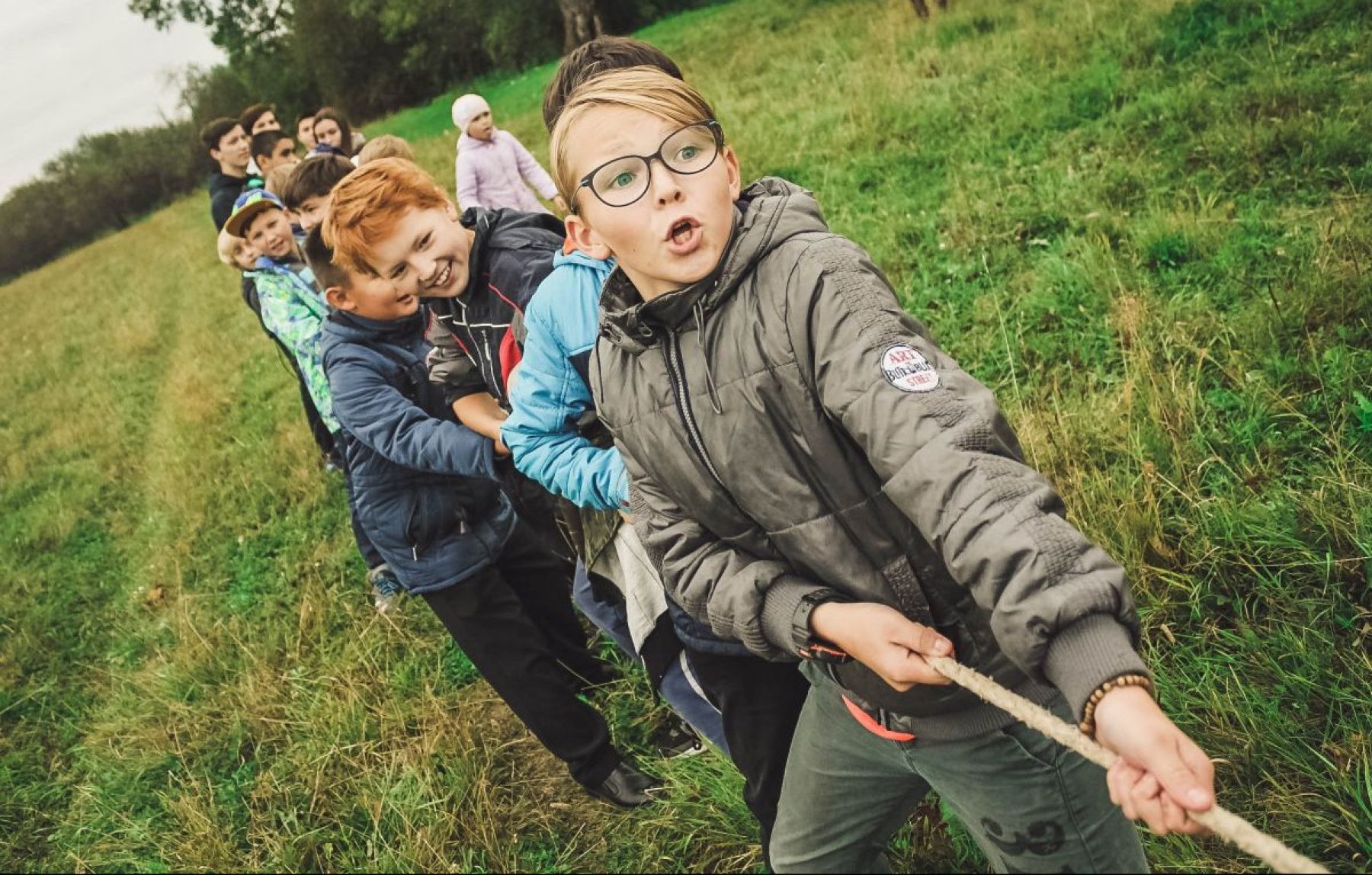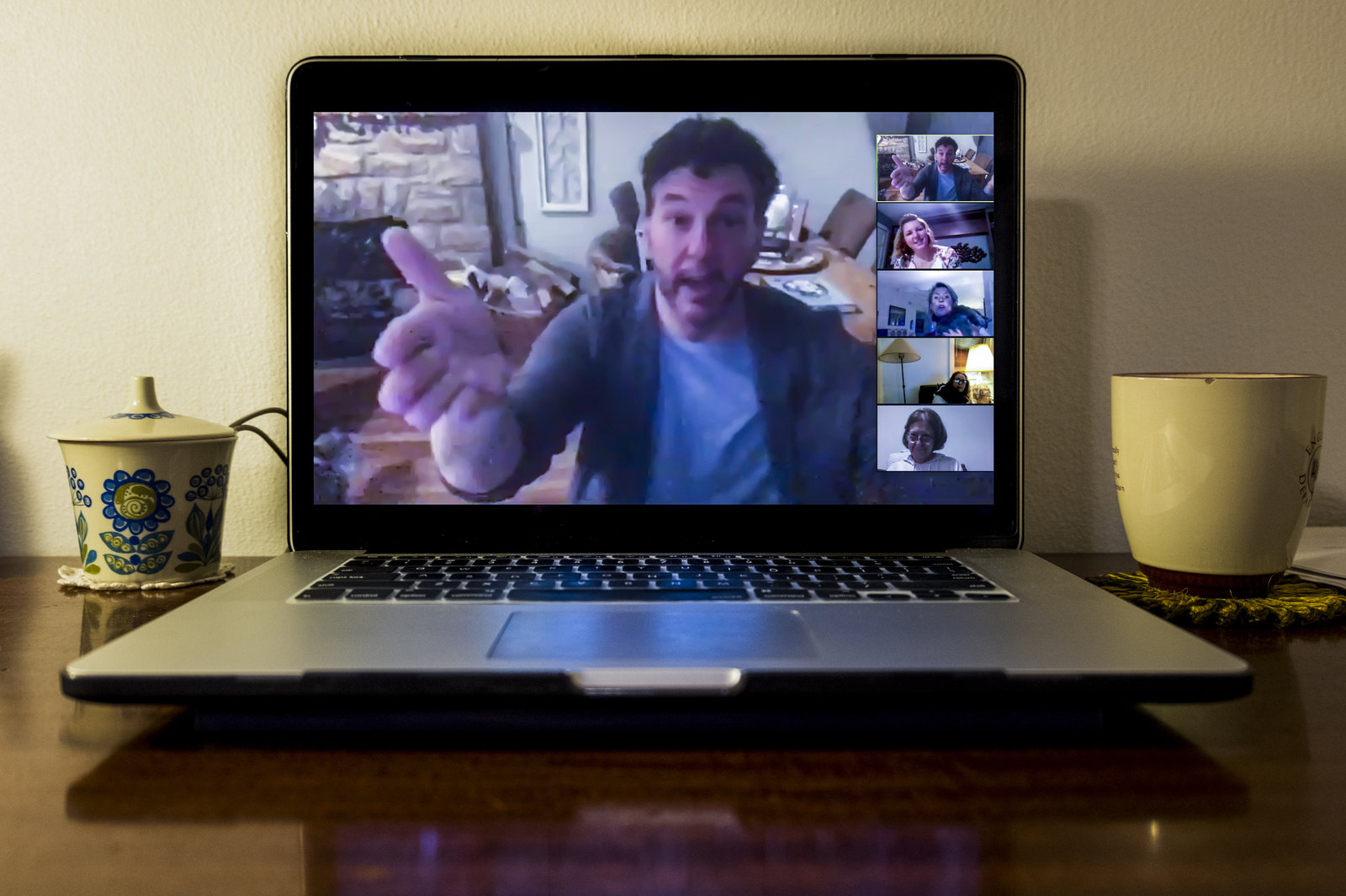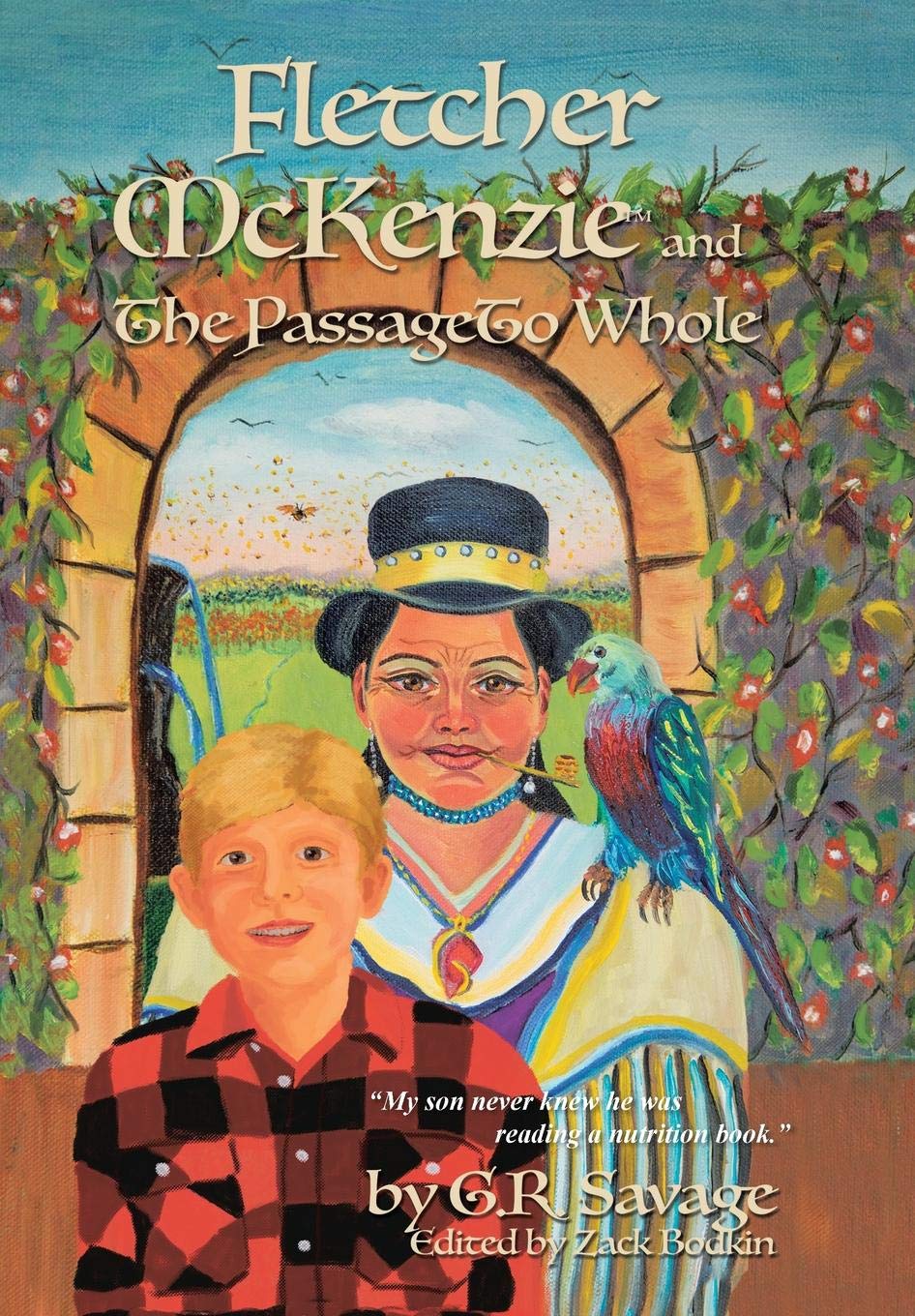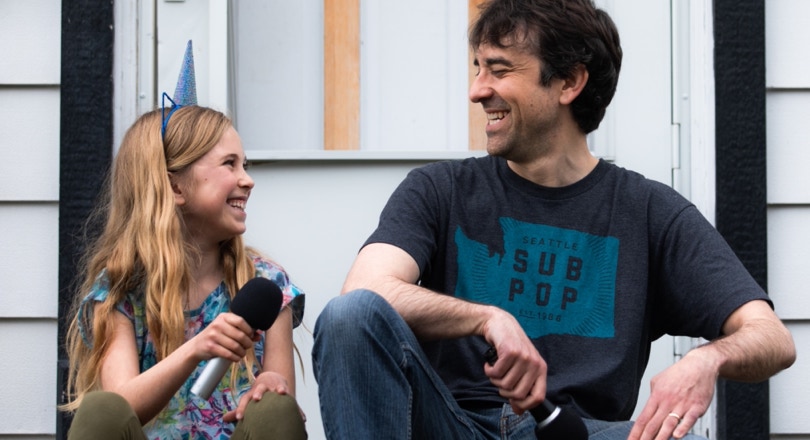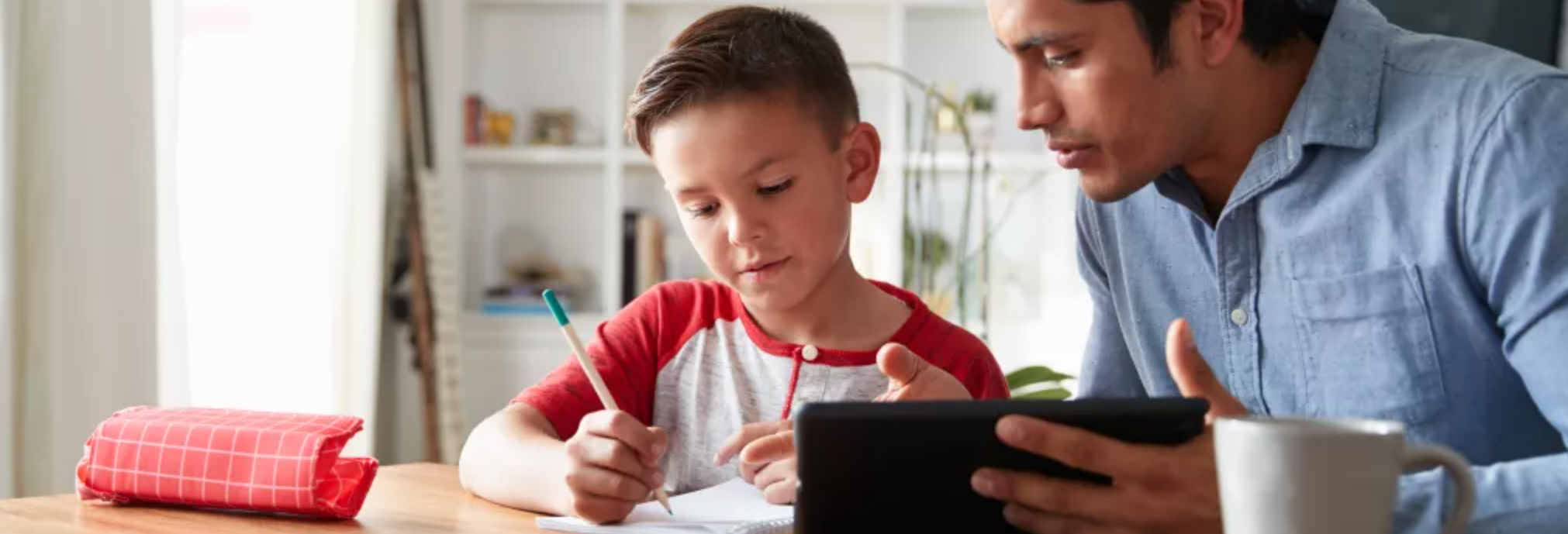Neil Renton, Headteacher at the Harrogate Grammar School, cautions that we must avoid labelling a generation of schoolchildren negatively, e.g. “the COVID generation” and focus on their amazing resilience instead,
Renton likens this experience to World War II era British children who “played games in air raid shelters as children, grew stronger for knowing that they could adapt and survive, and grew up to appreciate small pleasures. The pain and suffering that they experienced was remarkable, but they adapted and shaped our future.”
He also discusses the work of Rosenthal and Jacobson looking at how the expectations of teachers affect student performance. Specifically that “when we expect others to behave in particular ways, we create a script that makes the behaviour more likely to occur. A teacher who is made to think that a student is high performing, expects higher performance and ultimately creates actual higher performance.” To the point, we can use that.
Renton ultimately says that he is “optimistic for this generation and wants to dedicate our collective efforts as educators to helping these children who have experienced the remarkable, become remarkable. They are not the disease ‘Covid Generation’. They are The Remarkables. Let’s forget the ‘Covid Generation’ and focus on The Remarkables.”
Read Neil Renton’s full piece at positive.news.



